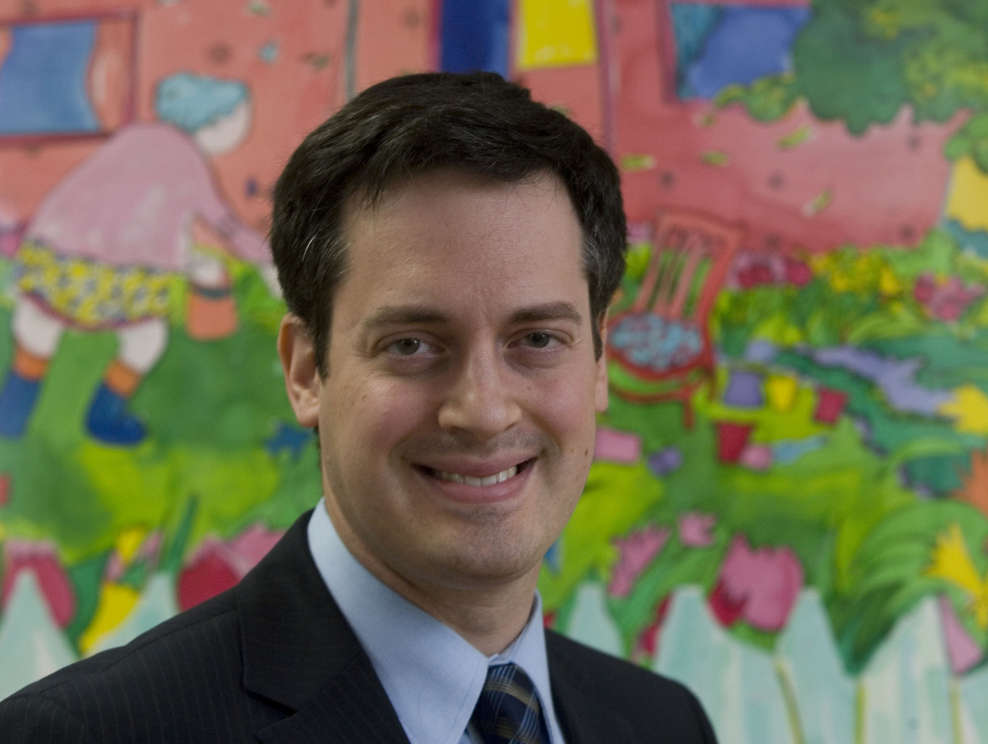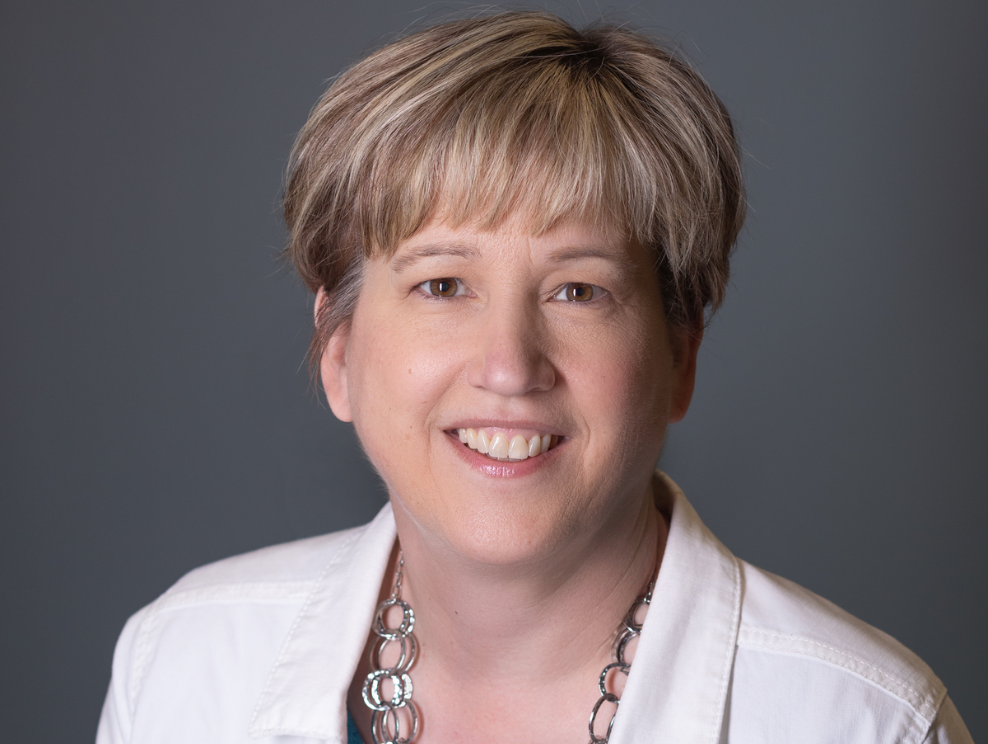As the years pass, we can all expect to lose a step or two mentally — and, when it’s expected, we take it in stride as long as the decline feels mild and normal. We expect to forget the odd name, to misplace the odd item here or there and to find our mental energy not quite the twin of the energy we remember from our 40s or 50s.
To lose some part of our youthful sharpness is only to be expected, and accepting that fact says something about our willingness to accept reality.
Most of us, as statistics show, will probably remain reasonably clear-minded until quite an advanced age. Many people in their 80s are still tack-sharp. At the same time, many of us will experience a less satisfying trajectory. We may begin to notice an obvious and sometimes accelerating loss of memory. Some of us may begin to think less clearly. We may lose the ability to handle financial affairs, to remember the names of friends and loved ones, to easily find our way about, even in places that were once familiar. At the worst, we may develop a full-blown dementia in which we are entirely dependent on care from others.
It’s a daunting moment when one first notices some degree of mental slowing, however slight. Where will it lead? Will you be lightly touched, someone whose later years seem a triumphant refutation of the calendar? Or will your future hold a sadder course?
“There’s a lot of natural fear in this whole area,” says Andrew Frank, a cognitive neurologist and researcher at the Bruyère Memory Program, a clinic offering assessment, diagnosis and treatment of cognitive impairment at the Élisabeth Bruyère Hospital in Ottawa.
“It’s very common to notice some loss of memory and other signs of aging — and to worry about whether it’s just part of a normal aging process or something more serious, such as Alzheimer’s or another form of dementia.”
People with perfectly normal brains can sometimes experience some of the classic indicators of an aging brain, so we shouldn’t rush to judgment of ourselves, Frank says. “Even if you’re young, given enough stress and sleep deprivation, you might find yourself confused and your memory not functioning the way you’re used to it doing. But your brain itself is fine in more normal circumstances.”

A person with concerns about how their brain is aging should make sure to see their physician, Frank says. The physician is likely to order a cognitive test of some kind, often the Montreal Cognitive Assessment, which will test short-term memory, attention, focus and more. In an important part of the test, the patient hears five common nouns and is asked, after an interval of five minutes, to repeat the list.
This kind of test is important not only for making a diagnosis, but for providing a baseline against which any deterioration can be measured.
The physician or a nurse will ask questions about how well the patient is handling daily activities such as cooking, keeping appointments or driving a car. Sometimes they order blood tests and CT scans of the brain to rule out conditions such as low thyroid or vitamin B-12 that may compromise mental functioning. A psychologist or psychiatrist may attempt to rule out depression, whose symptoms can mimic those of cognitive decline.
“You put all of these together to determine whether you have a case of normal aging or something more serious such as dementia,” Frank says.
Often, people who come in with self-reported confusion or memory loss will perform normally on cognitive tests. Despite this, their concerns are taken seriously. Often, they are diagnosed with subjective cognitive decline and will usually be retested on a regular basis to see if overt illness emerges. Quite often, there is little or no progression of any problem that may seem subliminally present.
When cognitive testing of a person who reports mild confusion and memory loss confirms that the person’s brain is deteriorating, the person is diagnosed with mild cognitive decline. Often, such patients are in the opening stages of Alzheimer’s and are beginning to develop the amyloid plaques that accompany the disease. Each year, 10 to 15 per cent of patients with mild cognitive decline will be diagnosed with Alzheimer’s. Diagnosis of Alzheimer’s may become quicker in the future as diagnostic devices are brought to market. Researchers at Carleton University, for example, have seen promising results in their efforts to develop a simple saliva test for the disease.
Patients with subjective cognitive decline and mild cognitive decline are still quite functional and able to live their lives quite independently. However, this changes when a diagnosis of dementia is made.
Individuals with a diagnosis of dementia are significantly compromised in their ability to function in daily life. They may have difficulty doing familiar tasks, finding words in conversation, keeping track of possessions or attempting any form of abstract thinking.
While there are no medications for people with subjective cognitive decline and mild cognitive decline, there are a few medications for people diagnosed with dementia. The vast majority of such cases have Alzheimer’s and the medications help slow the rate of deposition in brain tissue of amyloid and tau, two proteins associated with the disease.
“These are by no means cures,” Frank says, “but they may slow the rate of decline by something like a third.” He adds that diagnostic tools currently in development may allow diagnosis of plaque formation much earlier than is now typical. “If we can identify the plaques early on in patients with mild cognitive impairment, we can start treatment earlier and perhaps save some patients from dementia.”
Frank identifies two “red flags” that suggest a person should see their physician soon. The first is when family members and friends are expressing concerns about changes in one’s behaviour. “When others are more aware of worrisome behaviours than you are, it’s not a good sign.” The second red flag is any observable deterioration in one’s manner of dealing with the world — forgetting appointments, experiencing communication problems, and so forth.
With repeated tests, the physician can track the evolving severity of an illness over time.

Carrie McAiney, Schlegel Research Chair in Dementia at the Schlegel-UW Research Institute for Aging in Waterloo, Ont., suggests that people who plan to see their physician about dementia concerns should take notes about their observations for a couple of weeks prior to their appointment. “Those notes will include details that may well help the physician make a more accurate diagnosis,” she says.
Some people will be given a clean bill of health, McAiney says. “I call these patients the ‘worried well.’ They are very attuned, almost over-attuned, with their health, and may exaggerate their concerns a bit. That said, we don’t want anyone who believes they have significant symptoms to hesitate before seeing their doctor.”
Early diagnosis can only be a good thing, McAiney says. If medications are prescribed earlier, they may do more to slow the progress of the disease. Moreover, the patient, knowing the future he or she is facing, can do more planning and take pains to squeeze the maximum delights that life can offer while their cognition is still relatively good.
“You want that opportunity to take control of your life as much as you can. With earlier diagnosis, you have a better chance of living well with dementia, if that becomes your diagnosis. Knowing is better, always, than not knowing.”
